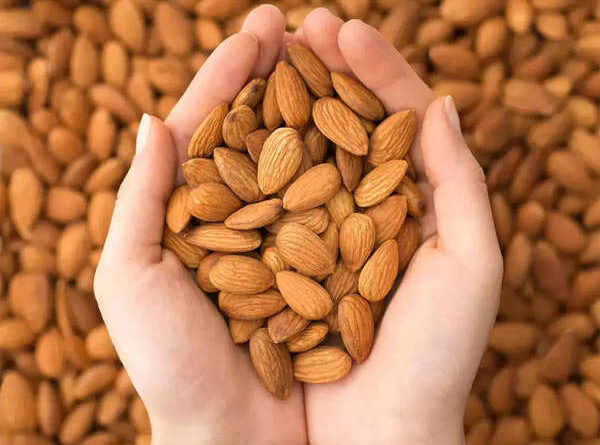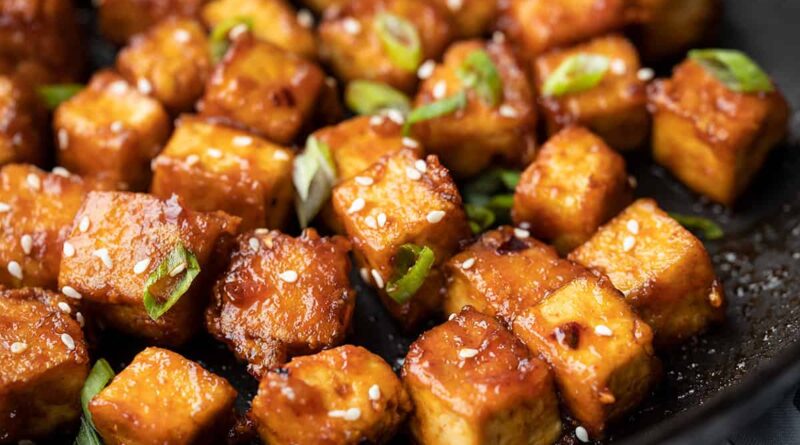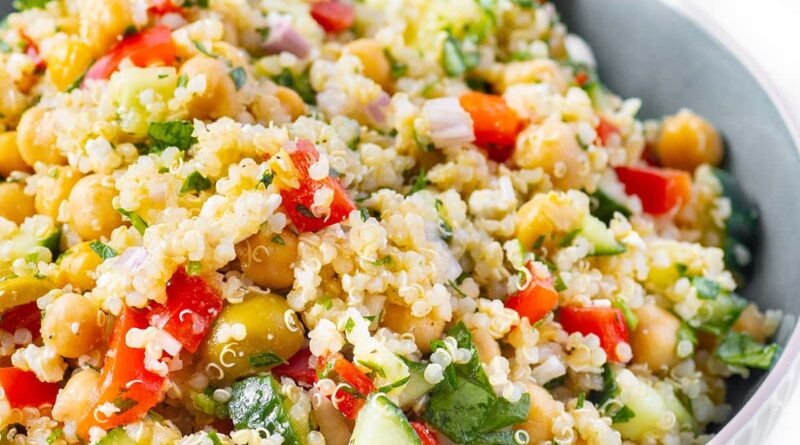10 Most Protein-Rich Foods That Everyone Should Eat !
10 Most Protein-Rich Foods That Everyone Should Eat
Protein is an essential macro nutrient that plays a vital role in the growth, repair, and maintenance of our body’s tissues. It is made up of amino acids, which are the building blocks of proteins. Consuming an adequate amount of protein is very important for overall health and healthy life. In this article, we will explore the top 10 protein-rich foods that everyone should include in their diet for optimal nutrition.
Introduction
Protein is often referred to as the “building block” of life, and for a good reason. It is involved in numerous physiological processes, such as muscle development, immune functionality, and hormone production. Additionally, protein helps to keep you feeling full and satisfied, making it an excellent choice for those looking to control their weight.
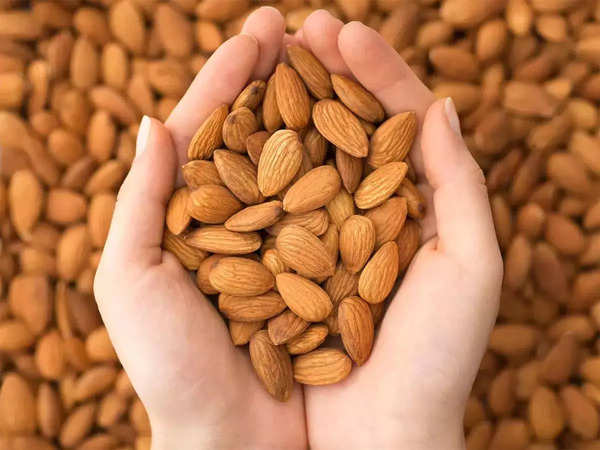

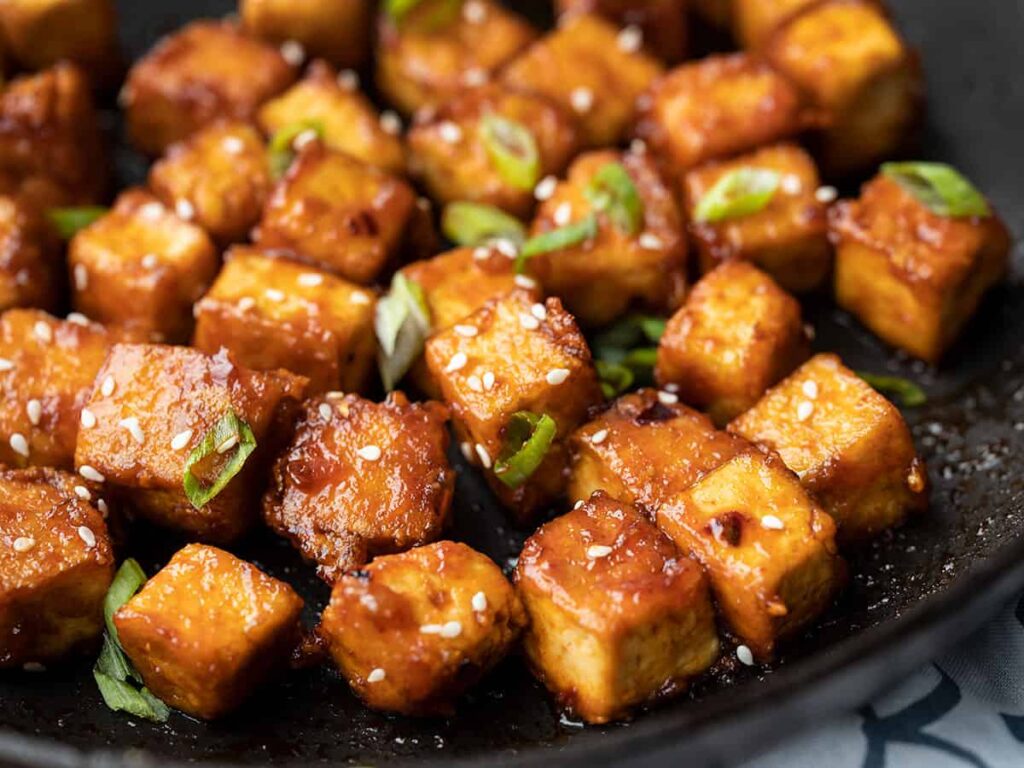

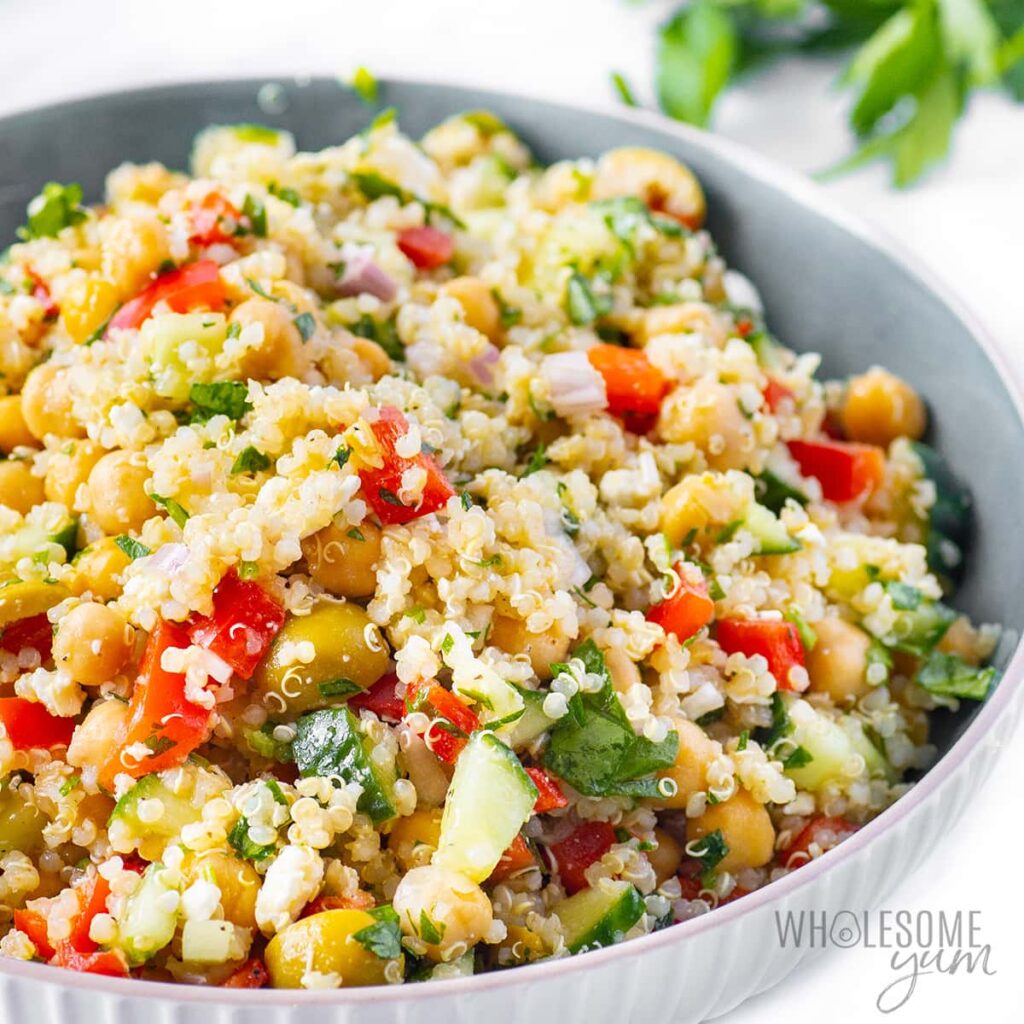
The Importance of Protein
Protein is essential for maintaining and repairing body tissues. When you consume protein-rich foods, they are broken down into amino acids, which are then used to build and repair muscles, organs, skin, and other tissues. Protein also plays a crucial role in the production of enzymes, hormones, and antibodies, which are important for various bodily functions.
Top 10 Protein-Rich Foods
Including a variety of protein-rich foods in your diet can help ensure that you are achieving your daily protein requirements. Here are the top 10 protein-rich foods that you should consider adding to your meals:
1 Eggs
Eggs are an excellent source of high-quality protein, containing all the essential amino acids which our body needs. They are also rich in vitamins and minerals, making them a very nutritious choice.
2 Greek Yogurt
Greek yogurt is a delicious choice but also packed with protein. It is a great option for breakfast and also a healthy snack, as it provides a good amount of protein while being low in fat and carbohydrates.
3 Chicken Breast
Chicken breast is a lean source of protein which is low in fat and calories. It is versatile and can be incorporated into various dishes, making it a popular choice for wide age range of people.
4 Lentils
Lentils are a plant-based protein source which is also high in fiber. They are an excellent option for vegetarians and vegans, providing both protein and important nutrients.
5 Almonds
Almonds are not only a great source of protein but also provide healthy fats and fiber. They make for a convenient and nutritious,healthy snack option.
6 Quinoa
Quinoa is a complete protein source, means it contains all the essential amino acids. It is also gluten-free and packed with fiber, makes it a nutritious grain alternative.
7 Tofu (continued)
Tofu, made from soybeans, is a popular protein source among vegetarians and vegans. It is low in calories and cholesterol-free, makes it a healthy choice for those seeking plant-based protein options. Tofu is also versatile and can be used in a wide variety of dishes, such as stir-fries, salads, and smoothies.
8 Salmon
Salmon is not only a delicious seafood but also a ultimate source of protein. It is very rich in omega-3 fatty acids, which are beneficial for heart health and inflammation reduction. Grilled, baked, or poached, salmon is a nutritious addition to any diet.
9 Cottage Cheese
Cottage cheese is a dairy product known for its high protein content. It is also a good source of calcium and it is low in fat. Cottage cheese can be enjoyed on its own, can be mixed with fruits, or added to salads or smoothies to acheived extra protein boost.
10 Black Beans
Black beans are a staple in many cuisines and are a ultimate plant-based protein source. They are also high in fiber, iron, and folate. Adding black beans to salads, soups, or Mexican-inspired dishes can help you raise your protein intake.
Incorporating Protein into Your Diet
To ensure you are getting enough protein in your diet, it’s essential to incorporate protein-rich foods into your meals and snacks. Try to include a protein source in each meal, such as lean meats, poultry, fish, eggs, dairy products, legumes, or tofu. Also, opting for whole food sources of protein is generally preferred they to processed protein supplements.
Protein for Different Dietary Needs
Protein needs may vary depending on factors such as age, activity level, and dietary preferences. Here are some considerations for specific dietary needs:
Protein for Athletes
Athletes and individuals engaged in regular physical activity they often have higher protein requirements to support muscle repairs and muscle growth. Including a variety of lean meats, poultry, fish, dairy products, and plant-based protein sources can help meet these increased needs and requirements.
Protein for Vegetarians and Vegans
For individuals following a vegetarian or vegan lifestyle, it’s vital to find alternative protein sources. Plant-based options like legumes, tofu, tempeh, seitan, quinoa, and nuts can provide adequate protein intake and can fulfill need.
Protein for Weight Loss
Protein can be beneficial for weight loss as it helps increase satiety and preserve muscle mass. Including protein-rich foods in your meals and snacks can help you feel fuller for longer and can support your weight loss efforts.
Conclusion
Protein is an essential nutrient that plays a important role in various aspects of our health. Including a variety of protein-rich foods in our diet can ensure we meet our daily protein requirements. Whether you’re an athlete, vegetarian, vegan, or simply looking to improve your overall health, the top 10 protein-rich foods mentioned in this article can be valuable additions to your meals.

